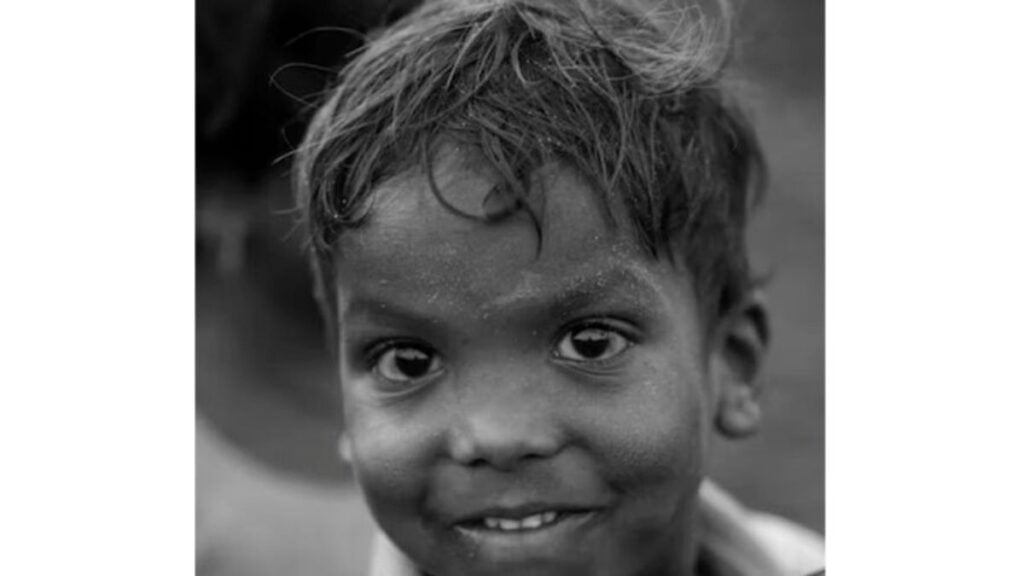Introduction:-
UNICEF’s Role in Children’s Lives: A Comprehensive Guide

UNICEF, the United Nations International Children’s Emergency Fund, is a globally recognized organization dedicated to improving the lives of children around the world. Since its inception in 1946, UNICEF has been at the forefront of efforts to safeguard children’s well-being, rights, and future prospects. In this comprehensive guide, we will explore the pivotal role that UNICEF plays in children’s lives, shedding light on its mission, initiatives, and the profound impact it has on children and communities across the globe.
What is the role of UNICEF’s on child development and care?
UNICEF’s Mission: Putting Children First
At the core of UNICEF’s mission is the belief that every child deserves the right to survive, thrive, and reach their full potential. UNICEF works tirelessly to ensure that children, regardless of their circumstances or location, have access to the essentials they need to lead healthy and fulfilling lives.
Initiatives and Programs
UNICEF operates a wide range of initiatives and programs aimed at addressing the diverse needs of children. These initiatives encompass areas such as:
- Healthcare: UNICEF works to provide essential healthcare services, including vaccinations, nutrition programs, and maternal care, to ensure that children have the best start in life.
- Education: UNICEF is committed to ensuring that every child has access to quality education. It supports schools, teachers, and innovative learning approaches to improve educational outcomes.
- Protection: Protecting children from exploitation, abuse, and violence is a top priority. UNICEF works to strengthen child protection systems and advocate for the rights of the child.
- Clean Water and Sanitation: Access to clean water and proper sanitation is essential for children’s health and well-being. UNICEF invests in water and sanitation infrastructure to benefit communities.
- Emergency Response: During humanitarian crises and emergencies, UNICEF provides immediate relief, including food, shelter, and medical assistance, to protect the most vulnerable children.
Impact on Children’s Lives
UNICEF’s impact on children’s lives is immeasurable. The organization’s efforts have resulted in significant achievements:
- Millions of children have received life-saving vaccines, reducing child mortality rates.
- Access to clean water and sanitation has improved for countless communities, reducing the risk of waterborne diseases.
- Educational opportunities have been expanded, enabling more children to acquire knowledge and skills for a brighter future.
- Child labor and exploitation have been combated through advocacy and support for protective measures.
- During emergencies, UNICEF has provided rapid assistance to save lives and protect children from harm.
Collaboration and Advocacy
UNICEF collaborates with governments, NGOs, and communities to achieve its goals. It also advocates for policies and legislation that promote the rights and well-being of children at local, national, and global levels. Through its advocacy efforts, UNICEF raises awareness about children’s issues and mobilizes support for lasting change.
Where is the headquarters of UNICEF located?
The headquarters of UNICEF (United Nations Children’s Fund) is located in New York City, United States. Please note that organizational headquarters can change, so it’s a good idea to verify this information with the latest sources in case there have been any updates or changes since then.
What important work is done by UNICEF to improve human life around the world?
UNICEF (United Nations Children’s Fund) is a specialized agency of the United Nations that is primarily focused on promoting the well-being and rights of children worldwide. UNICEF carries out a wide range of important work to improve human life around the world, including:

- Child Health: UNICEF works to ensure that children have access to essential healthcare services, immunizations, and nutrition programs. They support efforts to combat diseases like malaria, HIV/AIDS, and malnutrition.
- Education: UNICEF advocates for and supports access to quality education for children, especially in underserved and conflict-affected areas. They work to ensure that children, particularly girls, have the opportunity to go to school and receive a proper education.
- Clean Water and Sanitation: UNICEF works to provide clean and safe drinking water and proper sanitation facilities to communities in need. Access to clean water and sanitation is essential for child health and well-being.
- Protection: UNICEF is committed to protecting children from violence, exploitation, abuse, and neglect. They work to strengthen child protection systems, advocate for child rights, and provide support to children affected by conflicts and emergencies.
- Emergency Response: UNICEF is often at the forefront of humanitarian response efforts during crises, including natural disasters and conflicts. They provide emergency assistance, including food, shelter, and healthcare, to affected children and families.
- Advocacy and Policy: UNICEF advocates for the rights of children at the global, national, and community levels. They work with governments, organizations, and communities to develop and implement policies and programs that benefit children.
- Immunization Campaigns: UNICEF supports vaccination programs to ensure that children are protected from preventable diseases. They also work on increasing immunization coverage rates.
- Nutrition: UNICEF promotes proper nutrition for children, particularly in the critical early years of life. They provide support for breastfeeding, nutrition education, and the treatment of malnutrition.
- Gender Equality: UNICEF promotes gender equality and advocates for the rights of girls and women. They work to eliminate gender-based discrimination and violence, ensuring that girls have the same opportunities as boys.
- Research and Data: UNICEF conducts research and collects data on child-related issues to inform policies and programs. They produce reports like the State of the World’s Children to highlight key challenges facing children.
UNICEF collaborates with governments, non-governmental organizations, and other partners to carry out its mission and improve the lives of children and their families around the world. Their work is critical in addressing the needs of the most vulnerable and marginalized children and in achieving the Sustainable Development Goals (SDGs) related to child well-being and development.
Conclusion
UNICEF’s role in children’s lives is vast and impactful. This comprehensive guide has provided insight into the organization’s mission, initiatives, and the transformative impact it has on children and communities worldwide. As UNICEF continues to champion the rights and well-being of children, its work remains essential in creating a more equitable and promising future for the world’s youngest generation. By supporting UNICEF, individuals and communities contribute to building a world where every child’s potential can be realized.
read more…..
FAQs:
- What is UNICEF’s main role in children’s lives? Ans-UNICEF, the United Nations International Children’s Emergency Fund, plays a crucial role in advocating for children’s rights, providing humanitarian assistance, and promoting their well-being worldwide.
- How does UNICEF support children’s education? Ans- UNICEF works to ensure access to quality education for all children, especially those in vulnerable and marginalized communities. They support initiatives like building schools, training teachers, and developing educational materials.
- What does UNICEF do to address child health issues? Ans-UNICEF implements programs to improve child health by providing access to essential healthcare services, vaccines, nutritious food, clean water, and sanitation facilities. They also promote maternal and child health education.
- How does UNICEF respond to emergencies affecting children? Ans-In times of crisis, UNICEF provides emergency relief to children and families affected by conflicts, natural disasters, and other emergencies. They deliver life-saving supplies, support healthcare services, and offer psychosocial support to affected children.
- How does UNICEF advocate for children’s rights? Ans-UNICEF works to uphold children’s rights as outlined in the Convention on the Rights of the Child. They advocate for policies and legislation that protect children from exploitation, abuse, and discrimination, and promote their participation in decision-making processes.
References:
- UNICEF. (n.d.). About UNICEF. Retrieved from https://www.unicef.org/about
- UNICEF. (n.d.). What We Do. Retrieved from https://www.unicef.org/what-we-do
- UNICEF. (n.d.). Education. Retrieved from https://www.unicef.org/education
- UNICEF. (n.d.). Health. Retrieved from https://www.unicef.org/health
- UNICEF. (n.d.). Emergencies. Retrieved from https://www.unicef.org/emergencies







